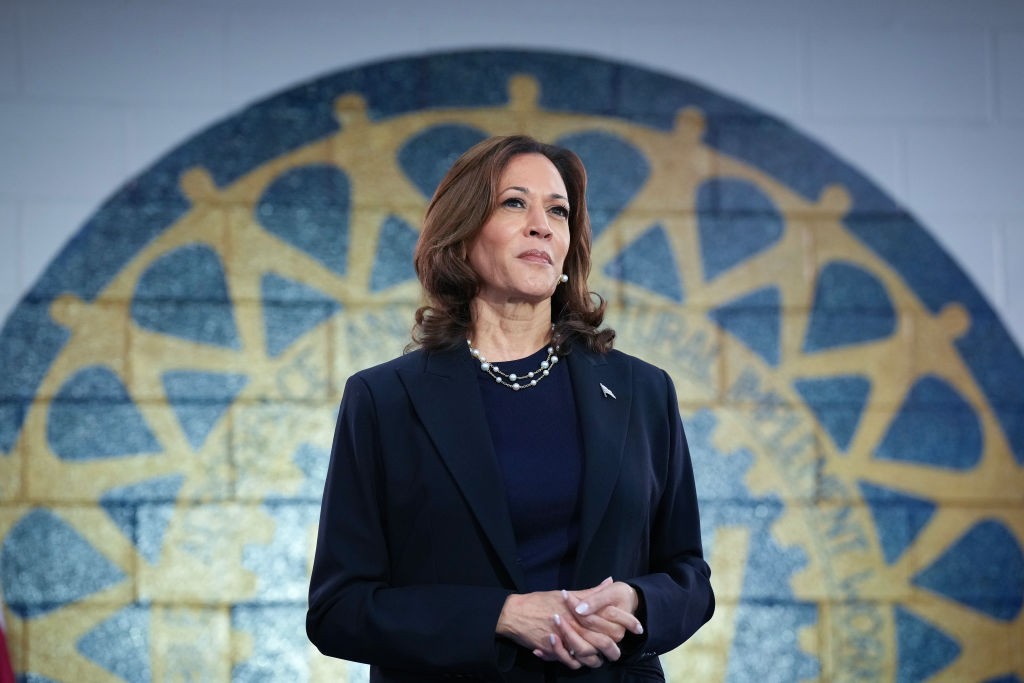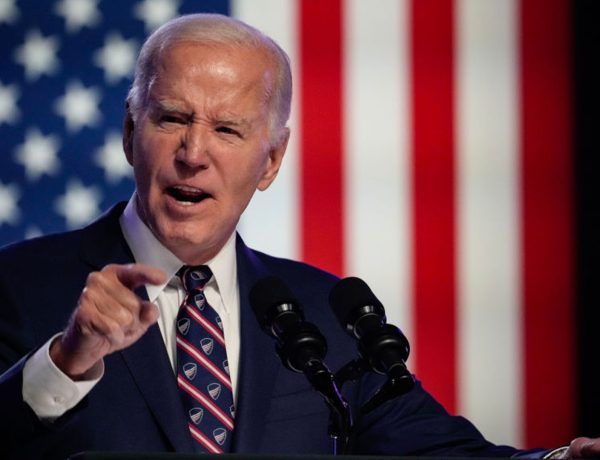Editorial Note: Opinions and thoughts are the author’s own and not those of AFROTECH™.
Before Vice President Kamala Harris replaced Joe Biden as the Democratic ticket’s front-runner, support for the party was low among the tech industry. In fact, many who now back Harris had previously withheld support from Biden, even favoring Trump over the Democratic candidate. Ben Horowitz, the co-founder of Andreessen Horowitz, is one of those people who recently shifted their support in favor of Harris. After Harris took over the ticket in July, the energy across the tech industry shifted significantly, leading to the formation of new groups representing tech professionals — groups that hadn’t emerged during Biden’s campaign. These groups are VCs for Kamala and Founders for Kamala. They have raised money for her campaign and increased awareness of her positions on key issues impacting the tech industry. I will cover the tech industry’s sentiment under Biden, the current shift with Kamala as the candidate, and how tech-forward grassroots organizations could play a valuable role in her potential presidency.
When Joe Biden was still leading the Democratic ticket, many in the tech community were doubtful about his chances of defeating Trump. Concerns grew as Biden’s age became more evident, leading some to question whether this might affect his ability to effectively lead the country. Many within the industry requested Biden step aside after instances where he appeared to freeze up during speeches.
Although Biden is only three years older than Trump, many felt that Trump appeared more physically and mentally fit during public appearances. When Biden faced pressure to step aside and let Harris take the lead, many may have underestimated the significant shift in energy she would bring to the Democratic Party. In just four months she has created excitement around the party, reminiscent of former president Barack Obama. I believe this shift is happening not only due to the differences in Trump’s and Harris’s racial and gender identities, but also because they each represent distinctly different visions for the future of the U.S. Rather than simply comparing and contrasting the candidates, voters are faced with a clear choice between two diverging paths, which is beneficial. When Biden was leading the race, despite his differing vision for America, people didn’t seem to view him and Trump as starkly contrasting figures.
Founders for Kamala was launched by Allison Byers in response to the traction she saw VCs for Kamala gain. The organization has four main goals: to collect pledges to vote, raise funds, encourage civic engagement, and advocate for policies that will be beneficial to those within the startup community. If they continue organizing after the election, I envision them evolving into an organization capable of building a strong relationship with the Harris administration, serving as a bridge between the tech community’s private interests and the priorities of the public sector. Leveraging the unique strengths of both the private and public sector, leaders can create substantial value for all. One example could be members of Founders for Kamala advocating for sustained investment in climate initiatives. Such initiatives could open new opportunities for the business community to build companies that capitalize on government-supported developments. These opportunities have the potential to create a wide range of jobs across the U.S., benefiting both college graduates and those who have pursued trades.
VCs for Kamala has gathered pledges from more than 800 investors who collectively manage $300 billion in assets. The organization was founded by Leslie Feinzaig, a founding partner at Graham and Walker, a Seattle, WA-based venture capital firm focused on investments in health, work, and caretaking. Back in August of this year, Leslie partnered with Kieran Snyder, chief scientist emeritus and former CEO of Textio, as well as a skilled data scientist and linguist, leveraging her expertise to consolidate the political positions of VCs for Kamala members.
Many investors signed the pledge because they align with Harris’s vision of an opportunity economy, which she aims to make a central tenet of her presidency. Of the signatories, 96% feel aligned with Harris on social and economic issues. And 98% of signatories believe that the tech industry cannot be accurately represented if only looked at through the lens of billionaires in the industry. Their views don’t reflect how the majority in tech see the world, though they often dominate the conversation due to their larger audiences. If Harris wins, I hope VCs for Kamala continues to back her initiatives, especially those that support small businesses across the U.S., not just venture-backed startups. By leveraging their collective influence, they could help expand tech industry opportunities beyond California and New York to other parts of the country.
Looking beyond the election, I hope that Founders for Kamala and VCs for Kamala aren’t the only tech industry organizations that emerge in support of the Harris-Walz administration. I’d love to see more involvement, as true change often begins at the grassroots level and requires everyone’s participation.
—
Joshua Ogundu is the CEO and founder of Tradeway, a company backed by Bloomberg Beta and Techstars that connects the construction industry to the tools they need to increase safety and productivity.





